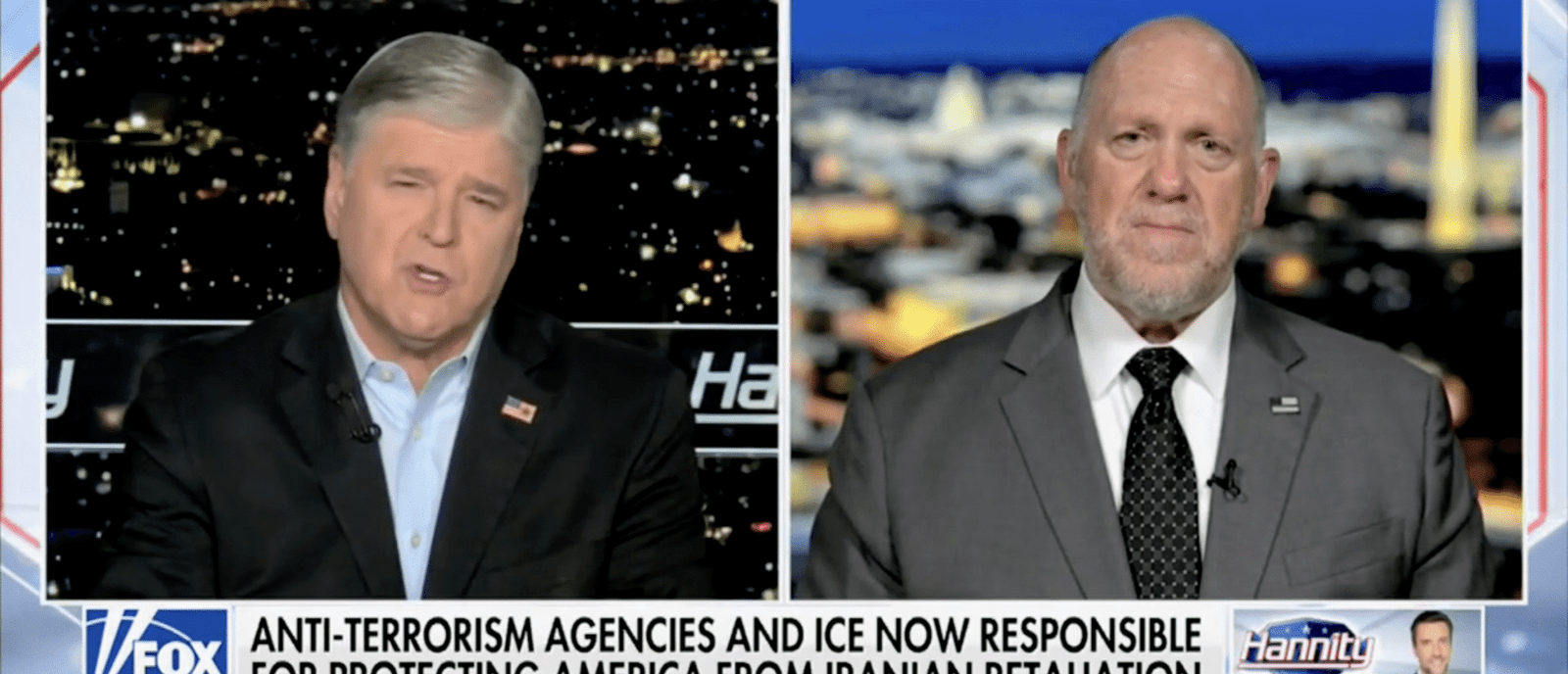According to the Wall Street Journal, big drug companies raised the list prices of 775 branded drugs in the first half of January alone, despite President Joe Biden's aim to keep prices low.
Even though inflation was 3.4% year-on-year in December, the median price increase for medicines was around 4.5%, with some increasing by more than 10%. according to Based on data from 46brooklyn Research obtained by WSJ. The price hikes stand in contrast to the president's efforts to curb drug price increases with measures such as imposing automatic Medicare rebates on drug companies that raise prices faster than inflation. . beginning It took effect in December and affected 48 drugs covered by Medicare Part B. (Related: Inflation under Biden will add to massive national debt in new ways in 2023, experts say)
Dozens of commonly used drugs, including Ozempic and Munjaro, fell victim to the price hike, according to WSJ. Pharmaceutical company Novo Nordisk noted that the list price changes were in response to factors such as market conditions and rising costs due to inflation.
Percentage growth in the number of healthcare administrators compared to the number of physicians: The small, almost invisible yellow area at the bottom of the graph is the increase in physicians, and the Alpine peaks towering above it are the increase in administrators. pic.twitter.com/ZQLMDTrUiH
— i/o (@eyeslasho) January 17, 2024
Some experts predict that in response to the Biden administration's attempts to control prices, drug makers will raise prices for products with private insurance and set higher initial list prices to avoid price increase limits. are doing.
“Medicare’s rebate program (which obligates the government to pay the difference between drug price increases and inflation) and Medicare’s drug price “negotiation” program (which is actually a very complex price control system) It is designed to. “It reduces the revenue that drug companies can collect within the Medicare program,” Robert Moffitt, a senior fellow at the Heritage Foundation's Health and Human Services Policy Center, previously told the Daily Caller News Foundation. “Thus, while Medicare beneficiaries will see lower drug prices and lower premiums, private sector employers and employees will see higher drug prices and proportionately higher premiums. Of course, cost shifting will reduce costs It’s not management.”
The Biden administration also released a list of 10 drugs eligible for Medicare price negotiations in August. Negotiations are underway and will not take effect until 2026, but if drug companies do not cooperate with the federal government, they will be subject to penalties of up to 95% of their sales.
The White House did not immediately respond to DCNF's request for comment.
All content produced by the Daily Caller News Foundation, an independent, nonpartisan news distribution service, is available free of charge to legitimate news publishers with large audiences. All republished articles must include our logo, reporter byline, and DCNF affiliation. If you have any questions about our guidelines or partnering with us, please contact us at licensing@dailycallernewsfoundation.org.
















